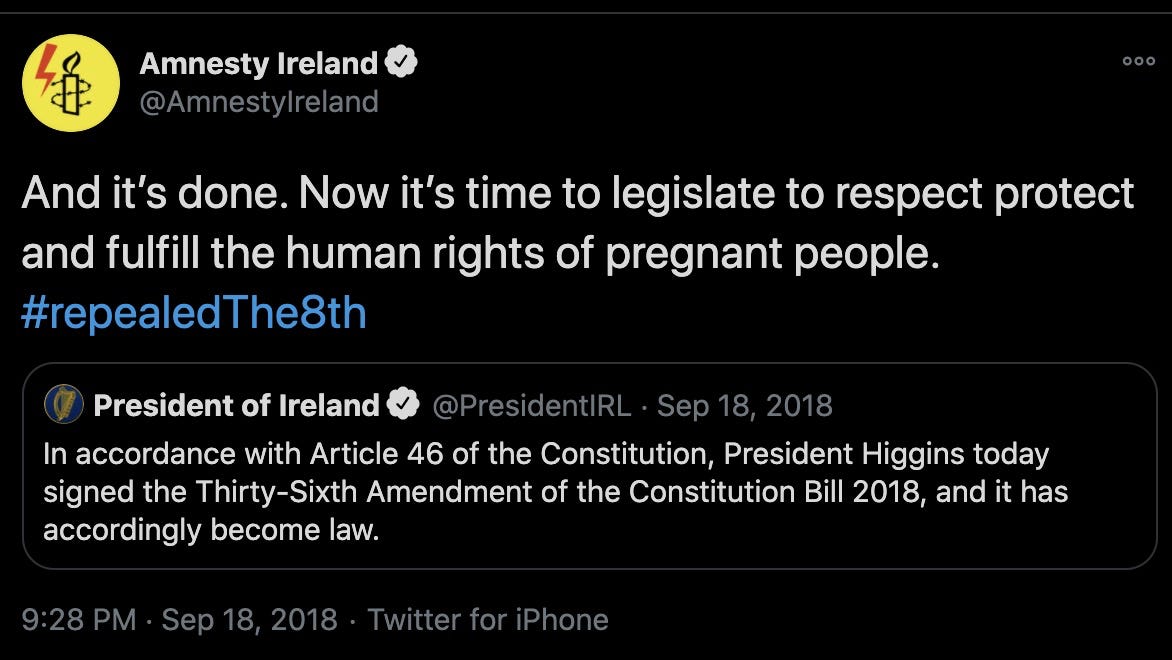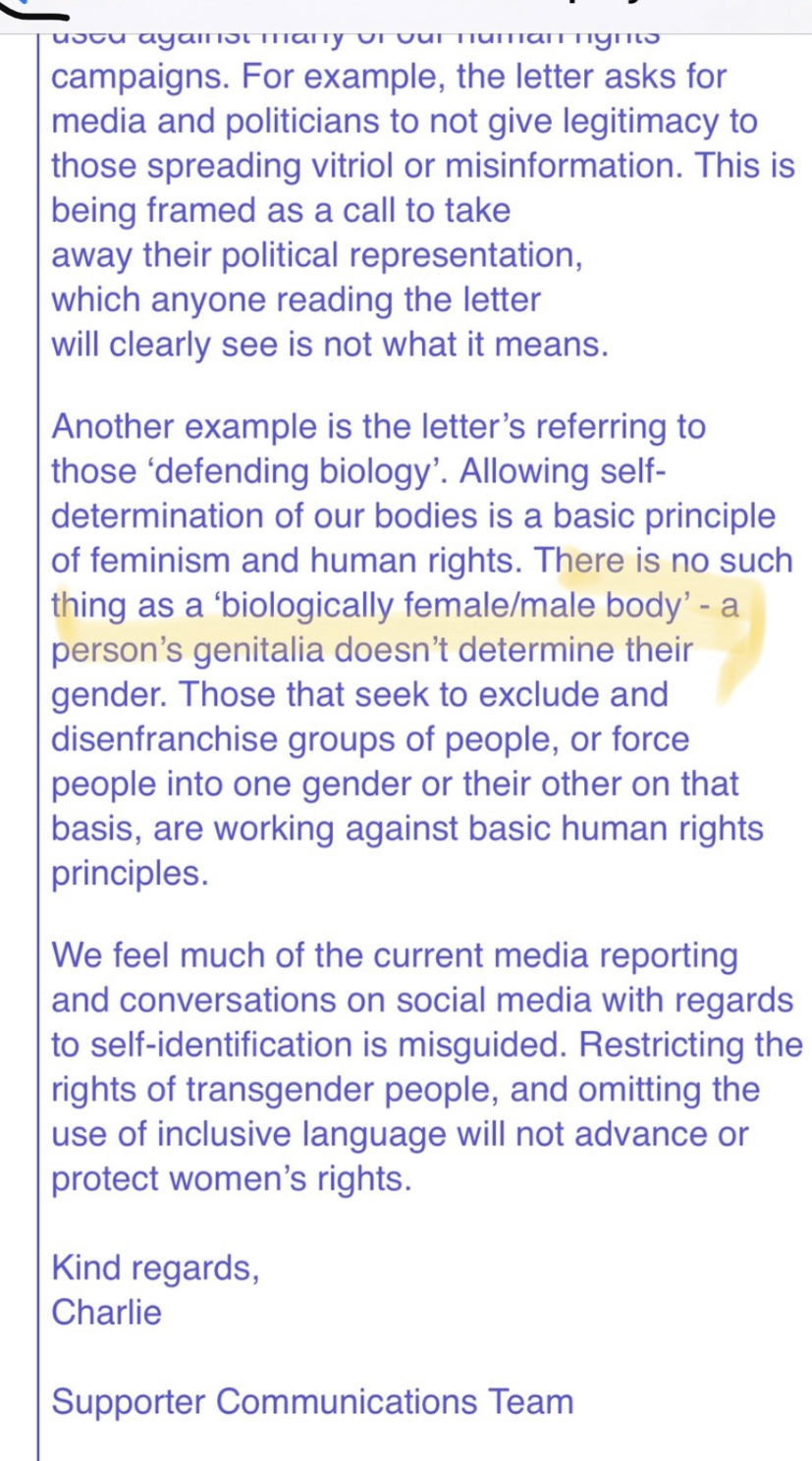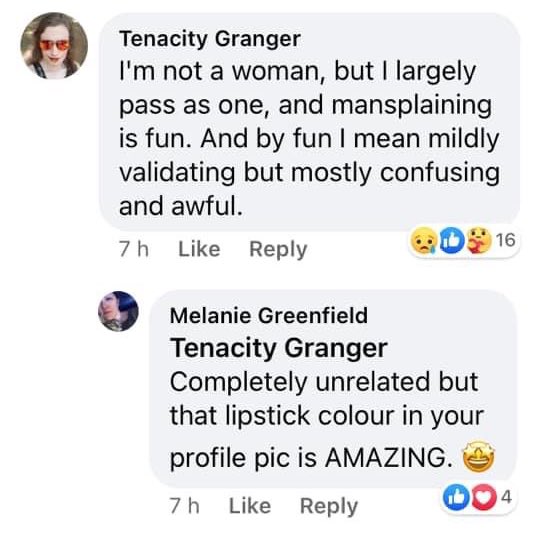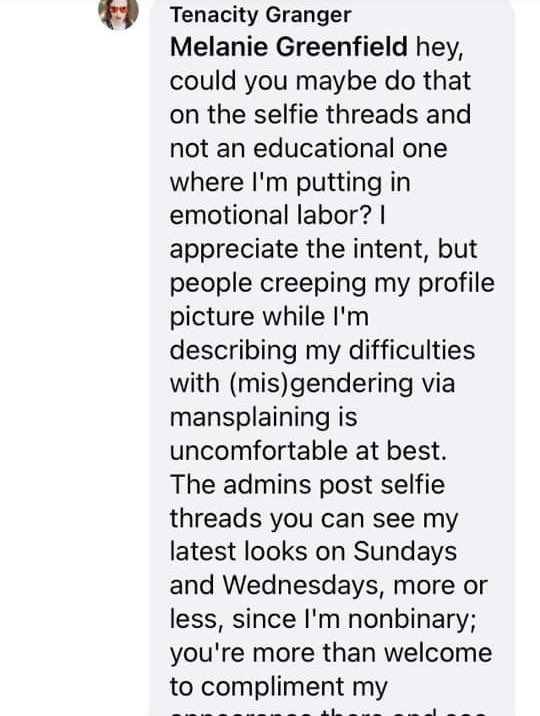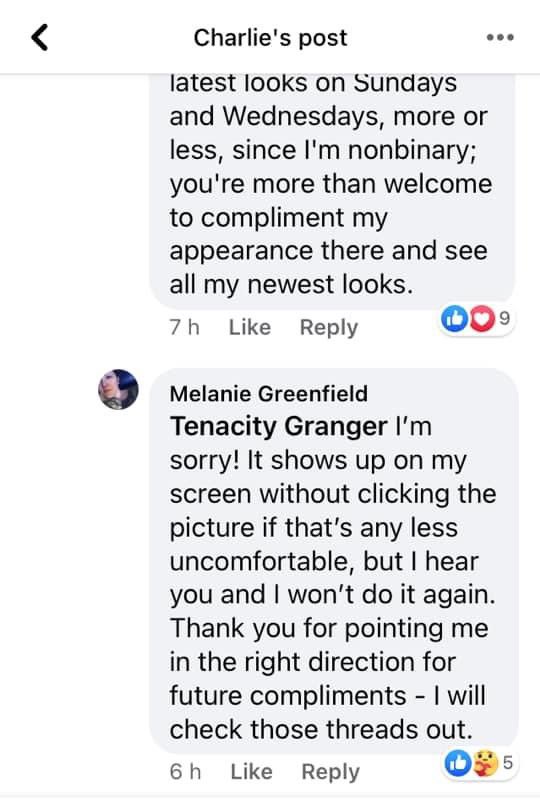We blew it.
Perhaps no hospital in the United States was better prepared for a pandemic than the University of Nebraska Medical Center in Omaha.
After the SARS outbreak of 2003, its staff began specifically preparing for emerging infections. The center has the nation’s only federal quarantine facility and its largest biocontainment unit, which cared for airlifted Ebola patients in 2014. The people on staff had detailed pandemic plans. They ran drills. Ron Klain, who was President Barack Obama’s “Ebola czar” and will be Joe Biden’s chief of staff in the White House, once told me that UNMC is “arguably the best in the country” at handling dangerous and unusual diseases. There’s a reason many of the Americans who were airlifted from the Diamond Princess cruise ship in February were sent to UNMC.
In the past two weeks, the hospital had to convert an entire building into a COVID-19 tower, from the top down. It now has 10 COVID-19 units, each taking up an entire hospital floor. Three of the units provide intensive care to the very sickest people, several of whom die every day. One unit solely provides “comfort care” to COVID-19 patients who are certain to die. “We’ve never had to do anything like this,” Angela Hewlett, the infectious-disease specialist who directs the hospital’s COVID-19 team, told me. “We are on an absolutely catastrophic path.”
They’re full, and cases are still surging. It’s that simple. Hospitals are filling up and it’s only going to get worse. It’s going to get nightmare.
During the spring, most of UNMC’s COVID-19 patients were either elderly people from nursing homes or workers in meatpacking plants and factories. But with the third national surge, “all the trends have gone out the window,” Sarah Swistak, a staff nurse, told me. “From the 90-year-old with every comorbidity listed to the 30-year-old who is the picture of perfect health, they’re all requiring oxygen because they’re so short of breath.”
This lack of pattern is a pattern in itself, and suggests that there’s no single explanation for the current surge. Nebraska reopened too early, “when we didn’t have enough control, and in the absence of a mask mandate,” Cawcutt says. Pandemic fatigue set in. Weddings that were postponed from the spring took place in the fall. Customers packed into indoor spaces, like bars and restaurants, where the virus most easily finds new hosts. Colleges resumed in-person classes. UNMC is struggling not because of any one super-spreading event, but because of the cumulative toll of millions of bad decisions.
When the hospital first faced the pandemic in the spring, “I was buoyed by the realization that everyone in America was doing their part to slow down the spread,” Johnson says. “Now I know friends of mine are going about their normal lives, having parties and dinners, and playing sports indoors. It’s very difficult to do this work when we know so many people are not doing their part.” The drive home from the packed hospital takes him past rows of packed restaurants, sporting venues, and parking lots.
To a degree, Johnson sympathizes. “I don’t think people in Omaha thought we could ever have something that resembles New York,” he told me. “To be honest, in the spring, I would have thought it extremely unlikely.” But he adds that the Midwest has taken entirely the wrong lesson from the Northeast’s ordeal. Instead of learning that the pandemic is controllable, and that physical distancing works, people instead internalized “a mistaken belief that every curve that goes up must come down,” he said. “What they don’t realize is that if we don’t change anything about how we’re conducting ourselves, the curve can go up and up.”
And there are too many people in charge who are not helping.
Speaking on Tuesday afternoon, Nebraska Governor Pete Ricketts once again refused to issue a statewide mask mandate. He promised to tighten restrictions once a quarter of the state’s beds are filled with COVID-19 patients, but even then, some restaurants will still offer indoor dining; gyms and churches will remain open; and groups of 10 people will still be able to gather in enclosed spaces. Ricketts urged Nebraskans to avoid close contact, confined areas, and crowds, but his policies nullify his pleas. “People have the mistaken belief that if the government allows them to do something, it is safe to do,” Johnson said.
That’s that bargaining with the virus thing again. Boris Johnson said it’s ok to visit family during this five days, so that means it really is ok. Johnson must have reached an agreement with the virus, and the same for Ricketts.
This is a problem.
